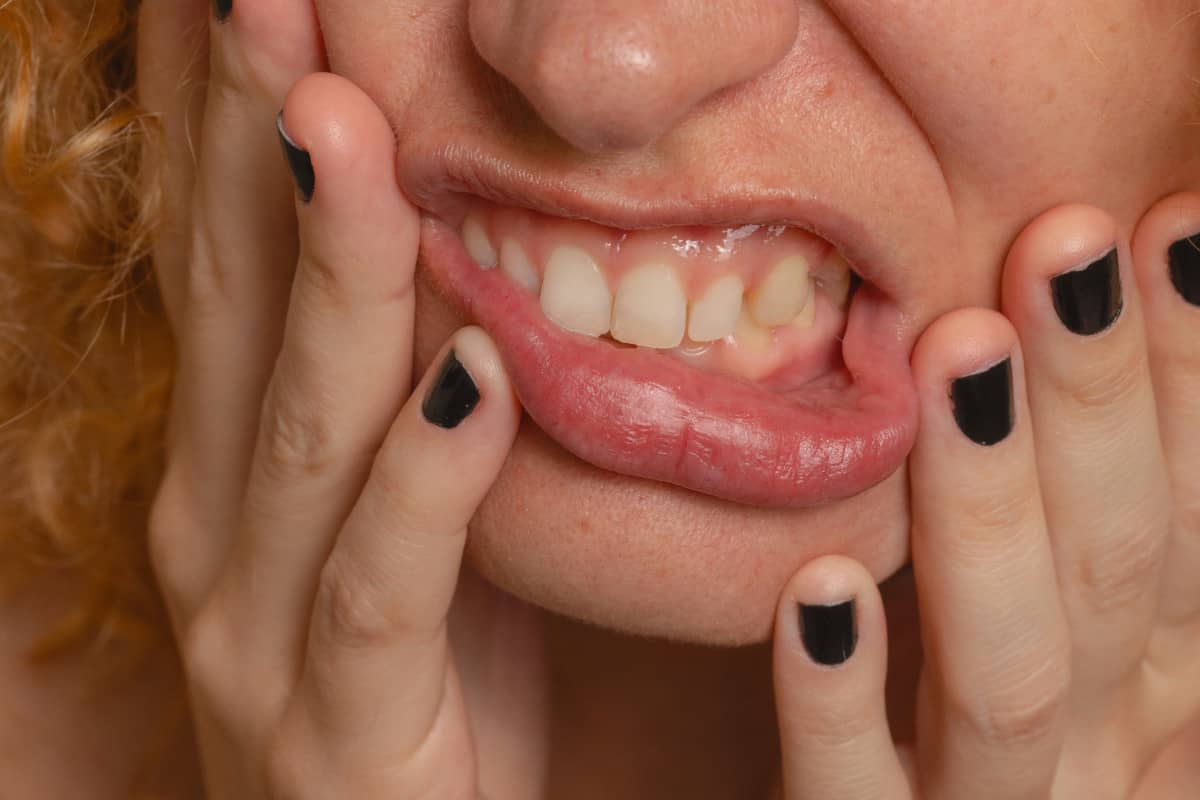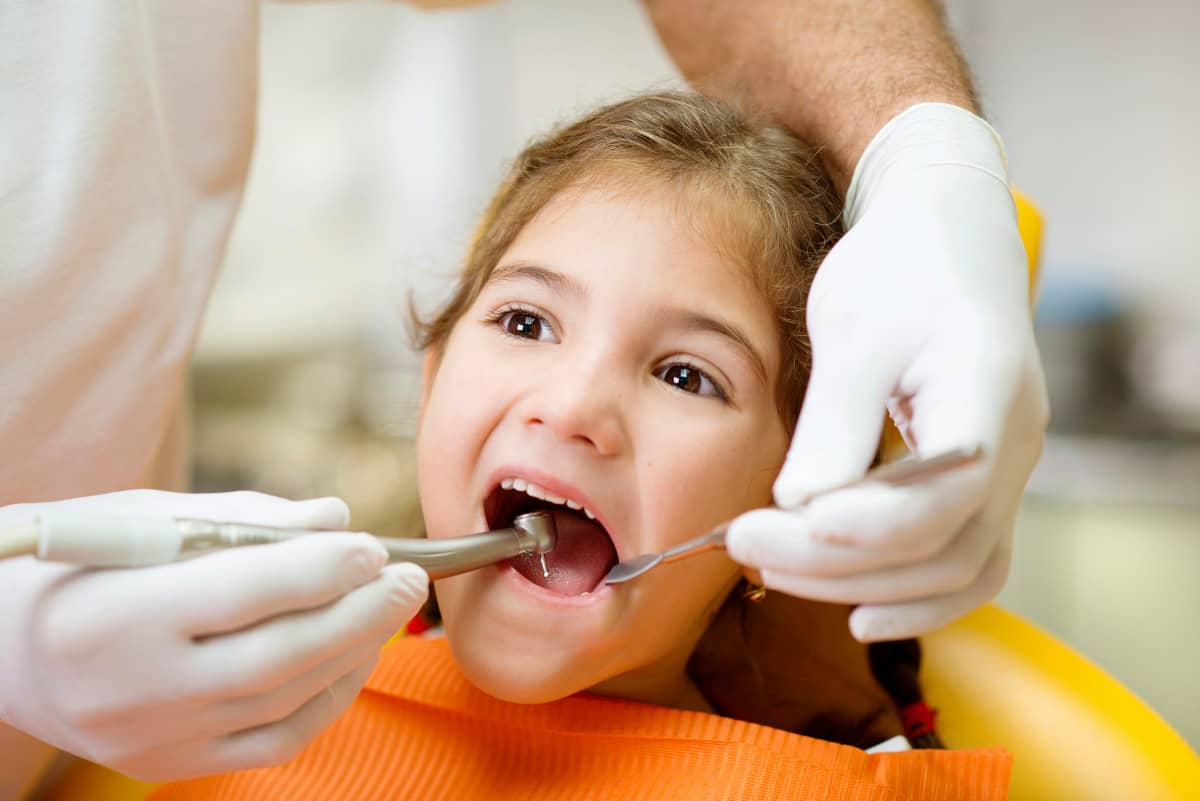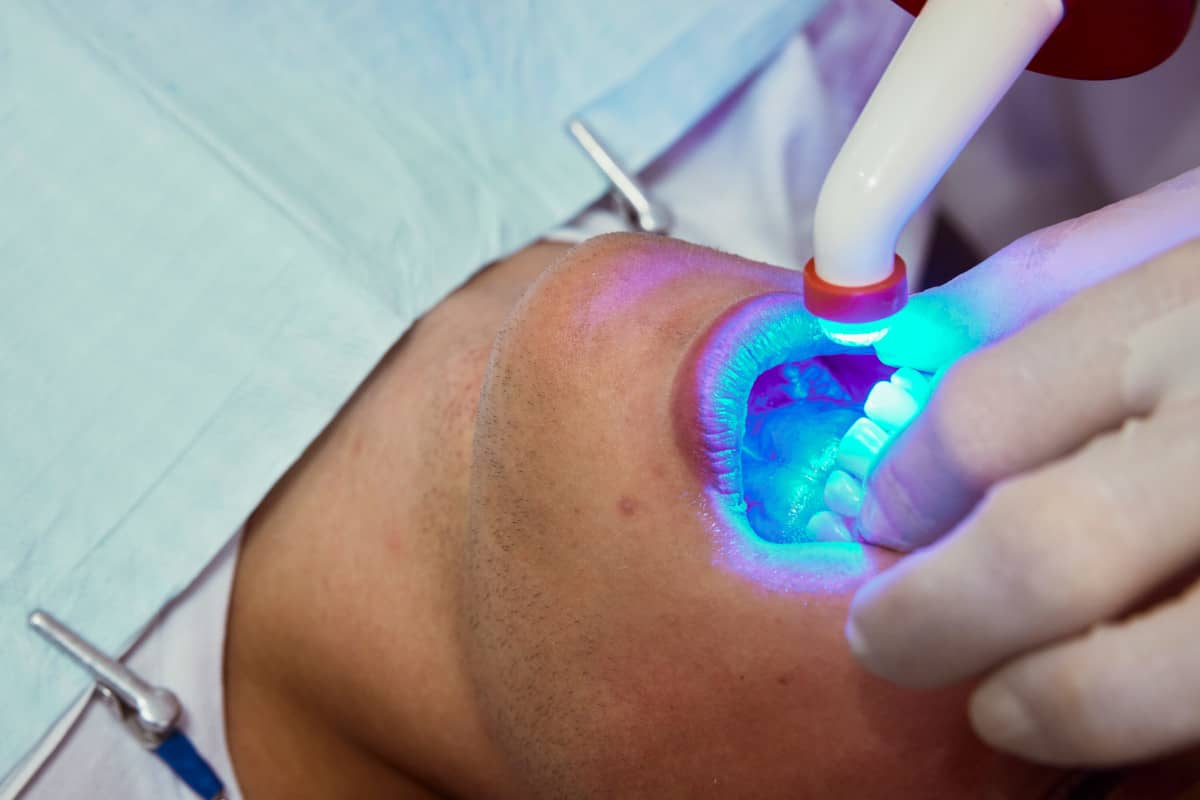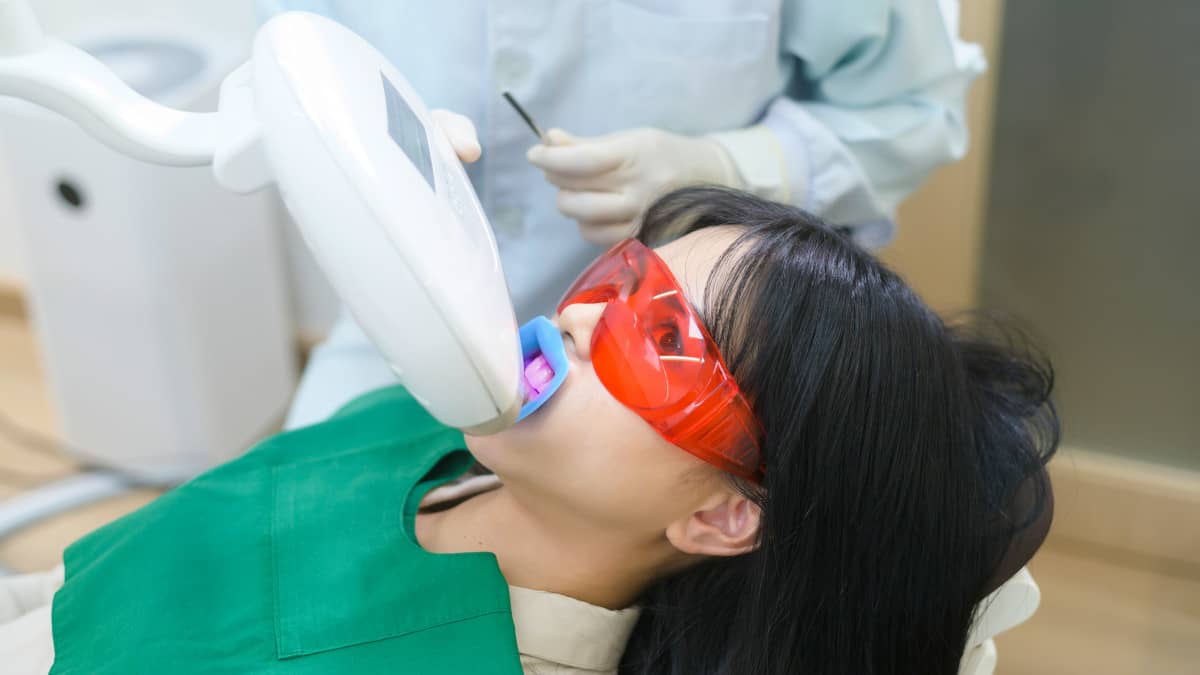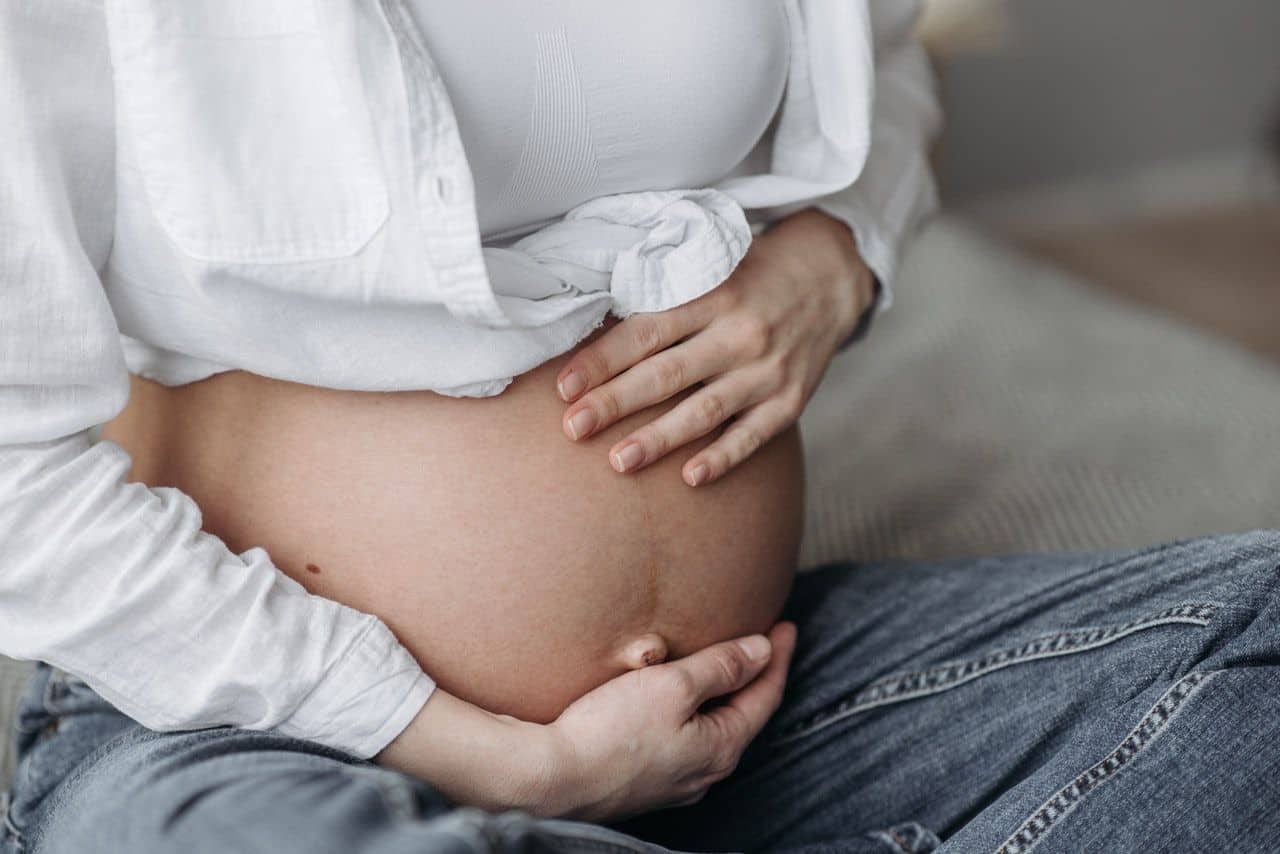
The importance of oral health during pregnancy
Although pregnancy is a wonderful experience, it can affect a woman’s oral health. At the same time, poor oral health can lead to other problems during pregnancy. For this reason, it is essential to know how pregnancy can affect the condition of teeth and gums, in order to keep both tissues in optimal conditions and avoid any type of complication.
What you need to know to take care of your teeth and gums during pregnancy.
- What oral health problems can pregnancy promote?
- What preventive measures can be taken to avoid them?
- What should you avoid doing with the newborns in your family?
1. What oral health problems can pregnancy promote?
During pregnancy it is very common for expectant mothers to suffer from:
- Dental erosion. Approximately 80% of pregnant women experience nausea and vomiting during the first trimester of pregnancy and, as is well known, vomiting and reflux can cause erosion of tooth enamel due to its acidic composition.
- Dental sensitivity. One of the consequences of acid-induced tooth erosion is the thinning of the enamel, the protective layer of the tooth that exposes the dentine. This contains microscopic tubes that connect with the nerve and are therefore more sensitive to external stimuli, causing greater sensitivity.
- Dry mouth. Physiological xerostemia is another of the alterations that the oral cavity suffers during pregnancy due to hormonal changes. This oral dryness, accompanied by a change in the composition of the saliva can cause halitosis and even:
- Increased susceptibility to dental caries. This xerostemia or hyposalivation together with gastric reflux can increase the risk of caries, especially if the patient has already suffered from this oral disease before.
- Pregnancy gingivitis. Approximately 70% of women suffer from this oral disease between the third and eighth month of pregnancy, experiencing inflammation of the gums, bleeding and redness, which usually disappears after childbirth.
- Tooth mobility. As a consequence of the periodontal disease we have just mentioned, they may also experience greater mobility and even changes in dental minerals, although tooth loss occurs in very particular cases.
- Granuloma of pregnancy. In the second trimester of pregnancy, about 5% of women may suffer from what is medically known as Epulis gravidarum, an exaggerated inflammatory response in the gums to pathogenic micro-organisms in the oral cavity. This granuloma usually disappears without treatment after delivery.
2. What preventive measures can be taken to avoid them?
The oral health objective of a pregnant woman is to keep the oral area as free of plaque as possible. It is therefore advisable:
2.1. Visit the dentist during pregnancy.
It is common to be so immersed in preparations and the evolution of the pregnancy that it is possible to forget the importance of the teeth for general health. So many medical visits are made that dental visits are often overlooked. But since oral health can be affected by the problems mentioned above, it is advisable to visit the dentist for a routine check-up.
In this way, a check-up can ensure that the state of the teeth and gums is adequate and, if it is not, the dentist can recommend a series of guidelines and even preventive or control treatments to avoid the appearance or progression of any major oral problem. This is another preventive measure:
2.2. Carry out dental prophylaxis.
Since we have already mentioned that the quality of saliva is altered and one can suffer from oral dryness, it is important to ensure that there is no remaining bacterial plaque. As saliva is the first step in the digestion of food and is altered by hormonal changes, it is key to help teeth and gums with the effective elimination of disease-causing bacteria such as caries and gingivitis. For this reason, it is also essential:
2.3. Controlling your diet.
A balanced diet is essential for the baby’s own development. Teeth begin to form in the second month of pregnancy and develop between the third and sixth month of pregnancy. A balanced diet provides adequate amounts of vitamins A, C and D, protein, calcium and phosphates necessary for healthy tooth development.
Inadequate nutrition can weaken the enamel on the mother’s teeth, but also on the child’s teeth, making them more prone to developing cavities once the teeth have erupted. On the other hand, it is also important to bear in mind that during pregnancy it is common for women to feel the desire to snack between meals. This is not a problem as long as they eat healthy foods that do not contain sugars.
2.4. Maintain good oral hygiene.
If possible, it is advisable to brush your teeth for about 20 minutes after each meal. However, this is not possible for all women, so at least 3 times a day, after each main meal, is recommended.
With this hygiene, the special sensitivity of the gums should be taken into account, so it should be thorough but not aggressive. It is also highly recommended to use dental floss, dental floss or interdental brushes to remove food debris between teeth and prevent the accumulation of plaque that can lead to interdental caries.
2.5. In case of frequent vomiting.
Small amounts of fruit, vegetables or yoghurt can be taken to provide vitamins, minerals and probiotics to help the digestive system. On the other hand, it is advisable to use a fluoride mouthwash or rinse the mouth after vomiting with a glass of water in which a teaspoon of bicarbonate has been dissolved.
3. What should you avoid doing with the newborns in your family?
Oral bacteria from the mother can be transmitted to newborns. In fact, the mother can be considered the biggest “donor” of caries in babies. Certain habits involving saliva, which could be avoided, allow these cardiogenic bacteria to be transmitted from mother to child:
Sucking on a spoon, bottle or dummy is not recommended as caries-causing bacteria can be transmitted to babies.
On the other hand, oral hygiene in babies is just as important as that of their mothers. For this reason, we have written an article that tells parents everything they need to know about children’s oral hygiene, answering questions such as when to visit the dentist for the first time or how to clean teeth and gums in babies.

